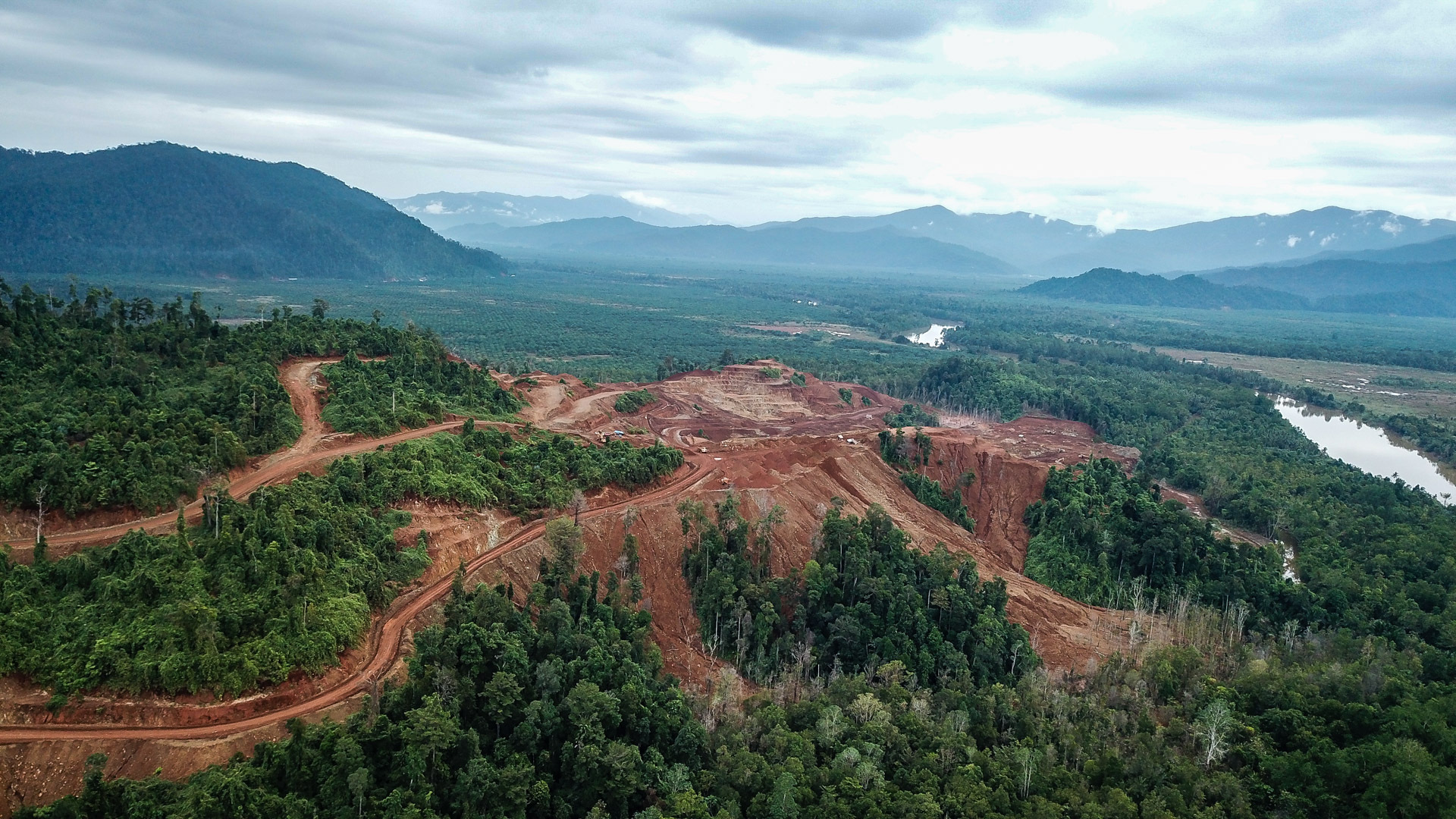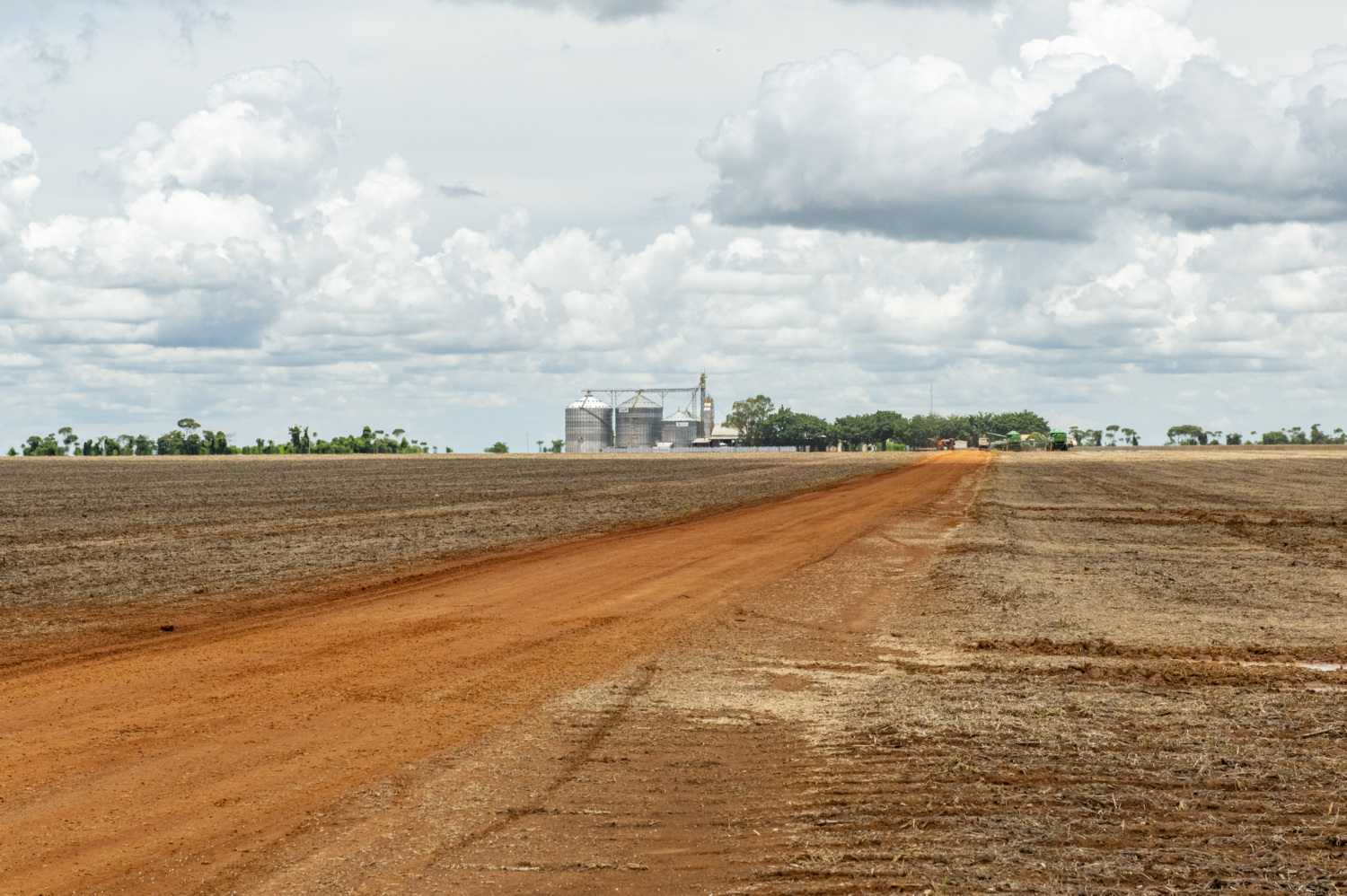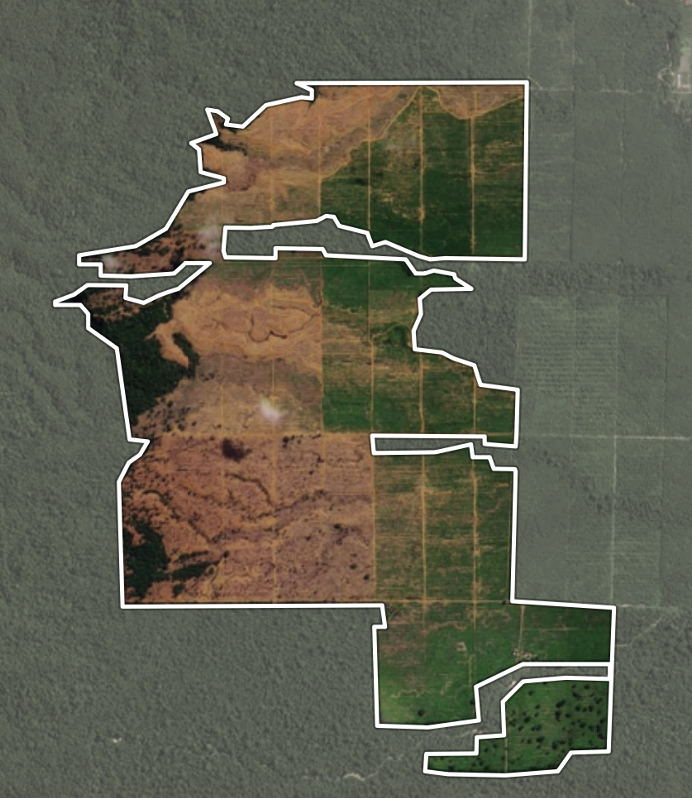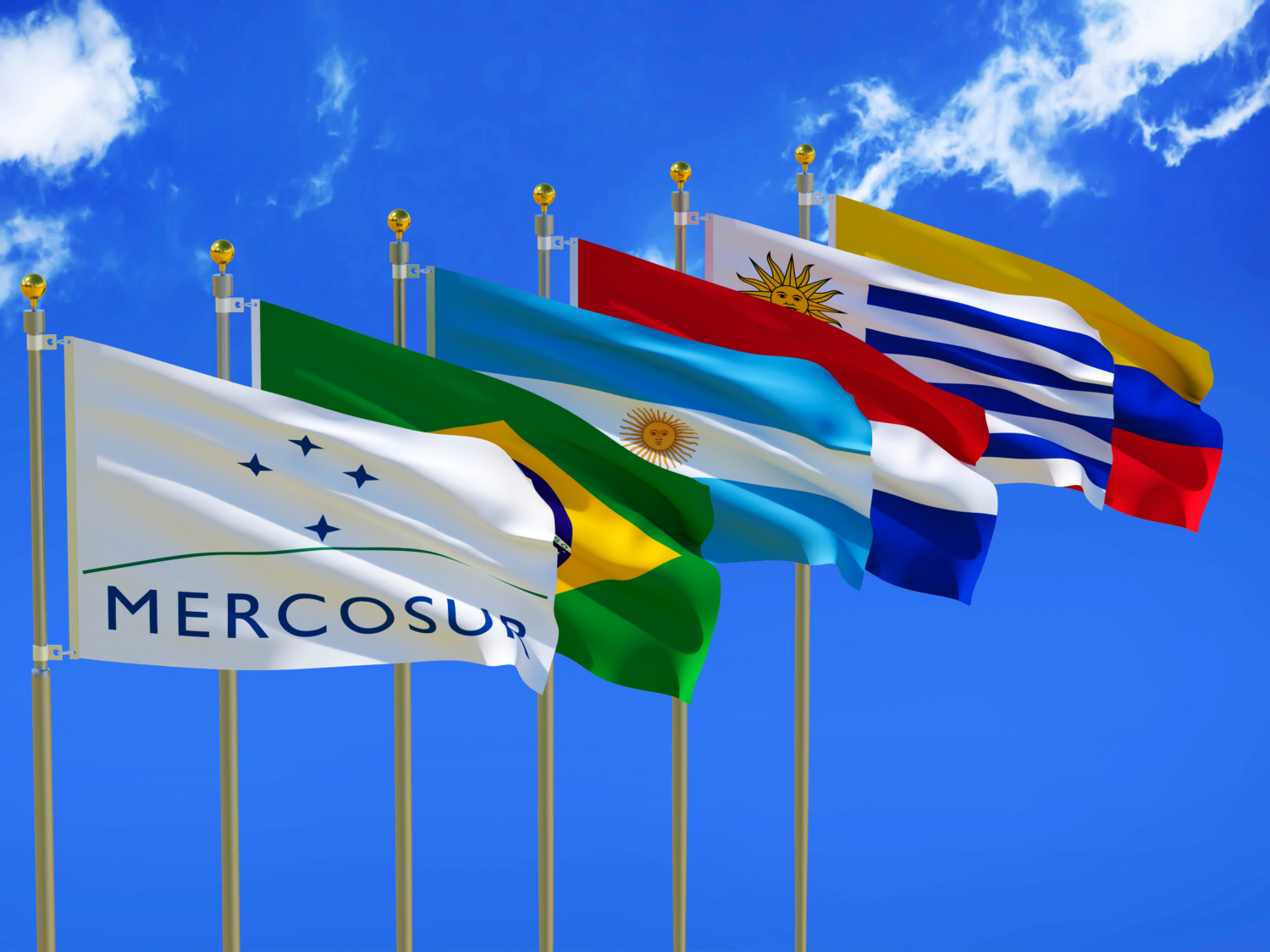
CSOs Urge Biden to Include Social and Environmental Safeguards in Potential Critical Minerals Agreement with Indonesia
In coalition with environmental, trade, and religious groups, Mighty Earth, with Public Citizen, Earthworks and NETWORK Lobby for Catholic Social Justice, released a letter to President Biden and his Administration urging them to include social and environmental safeguards in any potential critical minerals agreements with Indonesia.
The letter, also signed by NRDC, Greenpeace and Sierra Club, recognizes the importance of nickel and other critical minerals in the transition to Electric Vehicles (EVs) while emphasizing the problems in an industry that is destroying forests, violating the rights of indigenous and local communities (including an uncontacted tribe) and poisoning communities.
Nickel mining in Indonesia is fraught with environmental, social, and labor concerns.
Environmental
Nickel mining in Indonesia is taking place in a biodiversity hotspot, on the islands of Sulawesi and Malaku which have been called a “living laboratory of evolution.” Since the year 2000, between 76,031 and 153,364 hectares of forest have been cleared for nickel mining in Indonesia, and another 500,000 ha of forest is currently threatened by the expansion of the nickel industry.
The nickel extraction process is environmentally damaging as high-pressure acid leach (HPAL) used in laterite mines leaves behind tailings which turn the ocean red, pollute other waterways and displace local communities. Nickel mining especially with HPAL is emissions-intensive as captive coal plants are used support nickel production, putting Indonesia on the path to be the 6th highest climate polluting country in the world – and threatening to undermine the climate benefits of EVs.
Social
As mining companies encroach on land belonging to local communities, these communities and environmental defenders are increasingly criminalized for hindering mining operations. On Halmahera Island, attempts to bulldoze the forest have led to confrontations with an uncontacted tribe of Indigenous Peoples, the Hongana Manyawa. Deforestation, disease and the continued encroachment of the Hongana Manyawa’s land puts the tribe and their livelihoods at risk.
Labor
In January of 2023, two workers died during protests over unfair wages and safety concerns at the PT Gunbuster Nickel smelter in Sulawesi. These deaths are not isolated incidents: seven worker deaths occurred in 2022 alone at the Gunbuster Nickel facility. Across Indonesia, 47 deaths and 76 injuries have occurred at nickel sites between 2015 and 2022, reflecting the dangers workers face at nickel smelters.
Demands
The letter urges the administration to address these issues to ensure a just transition to Electric Vehicles, demanding that any CMA:
- makes a time-bound commitment to process nickel only in facilities using clean energy and to phase out the reliance on coal-fired power;
- requires improved practices to ensure harmful heavy metals, such as hexavalent chromium, are not discharged into surrounding freshwater and seawater;
- requires adequate safety regulations for workers and monitoring of facilities to prevent death and injury, as well as fair compensation;
- conditions trade benefits on parties adopting, maintaining, and implementing in their domestic laws the policies needed to ensure the four core labor rights enshrined in the eight fundamental Conventions of the International Labour Organization (ILO). including freedom of association and the effective recognition of the right to collective bargaining;
- requires that companies and projects respect and uphold the legal rights of self-determination and Free, Prior, and Informed Consent (FPIC) for Indigenous people and local communities;
- requires companies to undertake due diligence aligned with the UN Guiding Principles on Business and Human Rights and the OECD Guidelines for Multinational Enterprises on Responsible Business Conduct with independent, third-party assessments.
This letter adds to a growing chorus. Two weeks ago a bipartisan group of senators sent a letter to the Biden Administration raising concerns around labor, environment and community engagement, along with Chinese dominance of the sector. Earlier this summer labor, trade and environmental groups submitted comments to Treasury on EV tax credit implementation. Indonesian groups also released a letter expressing concern for the current state of nickel mining in Indonesia, stating that “If the United States is serious about its environmental standards commitments in the context of trade facilitation being negotiated… then, it should be able to prevent nickel trade with Indonesia that results in deforestation and environmental damage as well as negative social impacts…if a just transition to renewable energy is to be achieved.”
The US can’t turn a blind eye to these abuses in pursuit of driving the EV revolution. Rather than giving Indonesia license to continue with business as usual with a critical mineral agreement similar to the utterly toothless deal with Japan, the Biden Administration should use the EV tax credit as an incentive to help the country clean up critical mineral production to protect people and nature.”


